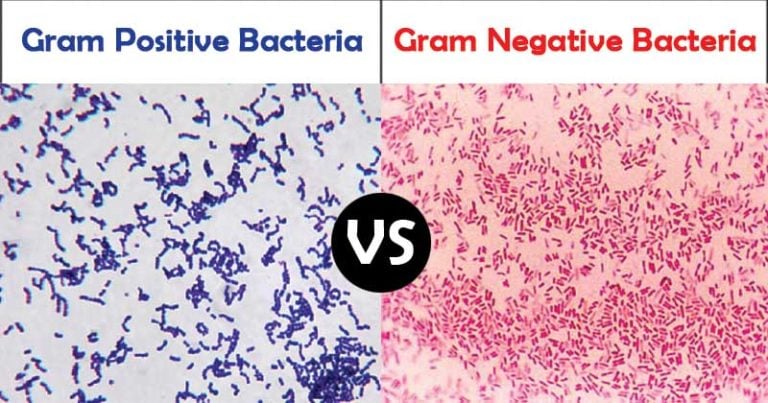

Notably, broad spectrum antibiotics are deemed such as they cover both gram positive and gram negative pathogens, therefore the addition of an anti-MRSA agent contributes a relatively smaller amount of coverage and is primarily targeted at resistant gram-positive bacteria. This relationship is strongest for patients with septic shock, where the odds of in-hospital mortality was increased by 1.04-1.16 for each hour antibiotics were delayed. In patients with sepsis or septic shock, early antibiotics significantly decrease mortality. So that begs the question, which antibiotic should be given first? Evidence In practice, there are times (increasingly so with rising ED patient volumes) when we give antibiotics one at a time simply for logistical reasons. To further complicate the issue, patients may also develop delayed reactions so a strong causal relationship cannot always be determined.

However, there isn’t strong data to guide practice in terms of giving the initial antibiotics concurrently vs consecutively, from an allergy perspective. Additionally, though the overall risk of an allergic reaction is relatively low with most antimicrobials, when multiple agents are given simultaneously it can be difficult to ascertain which one may have caused a reaction and lead to incorrectly documented allergies, so it can be important to consider if the initial doses should be administered separately.
#Gram positive vs gram negative antibiotic plus
A typical approach includes utilizing a broad-spectrum antibiotic (frequently a beta-lactam such as cefepime or piperacillin-tazobactam) plus an anti-MRSA agent (typically vancomycin).Įarly in the patient’s hospital stay they may have limited IV access, so the question often arises as to which antibiotic to give first, the broad-spectrum antimicrobial or the anti-MRSA agent.

Critically-ill patients and those with a suspected infection at risk for severe illness are generally administered two (or more) empiric antibiotics in the emergency department (ED) which cover a wide range of potential pathogens. Early antibiotics are recommended for treatment of many infections, including patients with sepsis or septic shock.


 0 kommentar(er)
0 kommentar(er)
